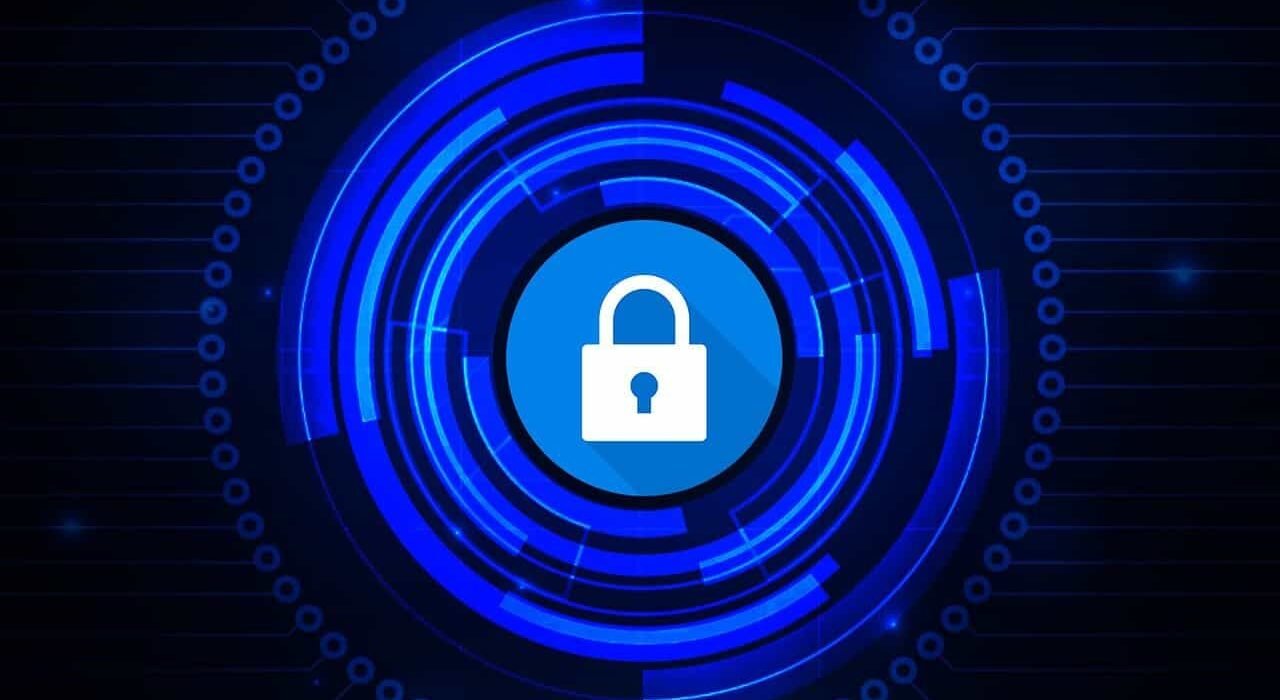The need for cybersecurity awareness has never been more pressing as the internet shapes our life. From banking and shopping to social interactions and work, our personal data is always vulnerable. Many people think that safeguarding this data is a technical job meant only for professionals. Really, it’s something everyone should know and follow upon.
This post clarifies what cybersecurity awareness is, why it is important, and how companies and people may remain secure. This knowledge will help shield you from typical threats whether you are a professional, a student, or just someone who uses the internet frequently.
What Is Cybersecurity Awareness?
Having the knowledge and awareness to recognize internet hazards and knowing how to react is cybersecurity awareness. It’s not enough to just be aware that risks exist; you also have to know how to lower your odds of being influenced.This includes:
- Recognizing suspicious messages or links
- Avoiding unsafe websites
- Using strong and unique passwords
- Updating devices and apps
- Knowing what actions to take should your data be breached
Those who know of such customs are much less likely to be affected by fraud, violations, or theft..
Cybersecurity Awareness Has to Be Important
With each passing year, cybersecurity awareness becomes more crucial. More devices linked to the internet provide more chances for criminals to steal, corrupt, or misapply information.
These are some important justifications for awareness raising:
1. Personal Information Guarding
If personal data such as addresses, bank information, and identification numbers fall into the wrong hands, it can be misapplied. People of all ages and backgrounds are targets for cybercriminals. Knowing how to guard this information can help one avoid identity theft and fraud.
2. Family safety
Less informed regarding cyber hazards are youngsters and older adults usually. Teaching them basic routines—such as not opening unrecognizable links or giving out personal information—helps to safeguard everyone living at home.
3. Small business defense
Many small businesses lack committed IT teams, therefore they are simple targets. One careless click by an employee can have severe repercussions. The odds of a successful assault decline dramatically when all personnel are instructed in security fundamentals.
4. Averting Monetary Damage
Ransom-demanding scammers and hackers might empty bank balances or abuse credit cards. Recovering from these incidents often costs a lot. Knowing allows people and companies to completely avoid these scenarios.
5. Reliability and Trust
When people and businesses behave with care and accountability, it promotes safer online interactions. Everybody stands to gain from responsible internet behavior.
Common Cyber Threats Everyone Should Know
To stay safe, people must first understand the most common dangers. Awareness begins with recognition. Here are some of the most frequent threats:
- Phishing: Fake emails or messages designed to trick users into revealing sensitive information
- Malware: Harmful software that can steal or damage data
- Ransomware: Software that locks files and demands money to unlock them
- Social engineering: Tricks that use psychological manipulation to gain access to information
Understanding these threats is the first step to avoiding them.
Practical Steps to Improve Cybersecurity Awareness
Anyone can take simple actions to stay protected. Here are proven practices to adopt right away:
1. Use Unique Passwords
Each account should have its own password. If one password is stolen, it shouldn’t give access to other accounts.
2. Maintain equipment current.
Regular software updates often contain security flaw fixes. Always check to see whether your phone, computer, and other devices are running the most recent versions.
3. Keep Link and Attachment Caution
Even if they appear to be from friends or colleagues, refrain from clicking on links or downloading materials from unfamiliar or unanticipated sites.
4. Secure Wi-Fi Linkages
Use a robust password on your home Wi— and refrain from inputting sensitive information—while utilizing public networks.
5. Backup Your Data
Create copies of important files on a separate device or storage location. If something goes wrong, you won’t lose everything.
How Organizations Can Build a Secure Environment
While individuals play a role, groups and companies must take wider steps. Here’s how they can build stronger protection:
1. Conduct Training Sessions
Regular training ensures employees stay alert and understand new risks. Sessions should be updated as threats change.
2. Set Clear Security Rules
Establish simple, easy-to-follow rules for using devices, handling data, and reporting suspicious behavior.
3. Encourage Reporting
Create a system where staff can quickly report anything unusual. The faster issues are identified, the easier they are to stop.
4. Implement Dependable Protection Tools.
Set up virus scanners, firewalls, and other detecting and blocking threat detection software packages prior to damage.
Breaking Cybersecurity Myths
Many miscommunications stop individuals from following the proper steps. These are some common misconceptions that should be addressed:
- “Hackers only go after large companies.”
False. Smaller targets often lack defenses and are easier to attack. - “I don’t need to worry; I don’t have anything valuable.”
False. Every person’s data is worth something, especially to criminals. - “Using antivirus software is enough.”
False. While helpful, it’s only part of the solution. Awareness and behavior are equally important.
Cybersecurity Awareness: Future Perspective
With smart homes, remote work, and internet-connected devices proliferating, threats are becoming more inventive and challenging to notice. This means awareness must also keep growing.
Governments, colleges, and privately businesses are cooperating to promote safe internet practices. People are learning to keep safe in a variety of ways, including awareness programs, public alerts, and educational courses.
The more educated people get, the more difficult it is for attackers to flourish.
Conclusion
You shouldn’t consider cybersecurity awareness as something you could choose; you absolutely need it. Every individual who uses the internet helps to protect their information and the larger web.
Understanding what cybersecurity awareness is, realizing the importance of cybersecurity awareness, and putting that knowledge into daily practice can help prevent serious problems. Whether you check your favorite website, log into a bank account, or send an email depends on simple actions that can greatly influence.
Include it in your daily routine. Stay vigilant. Stay safe.






